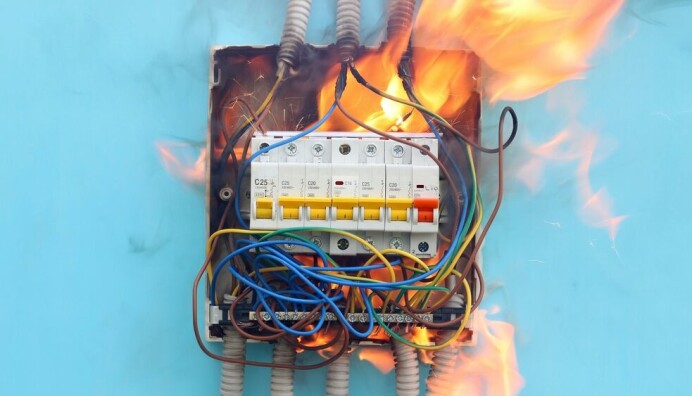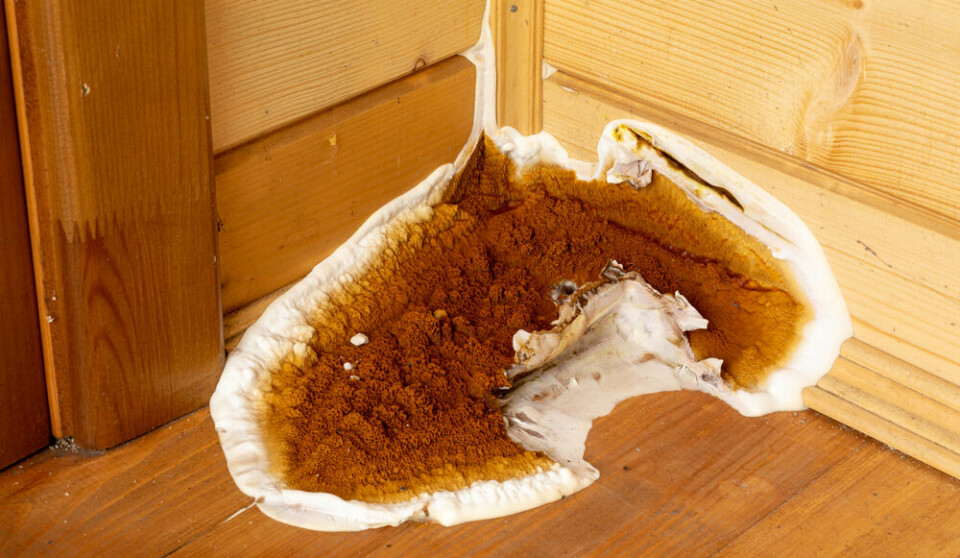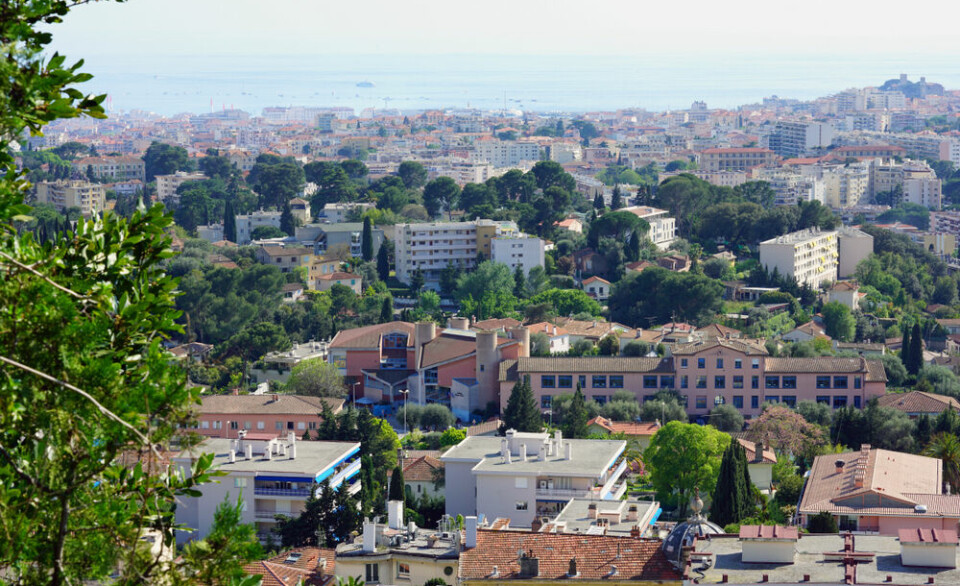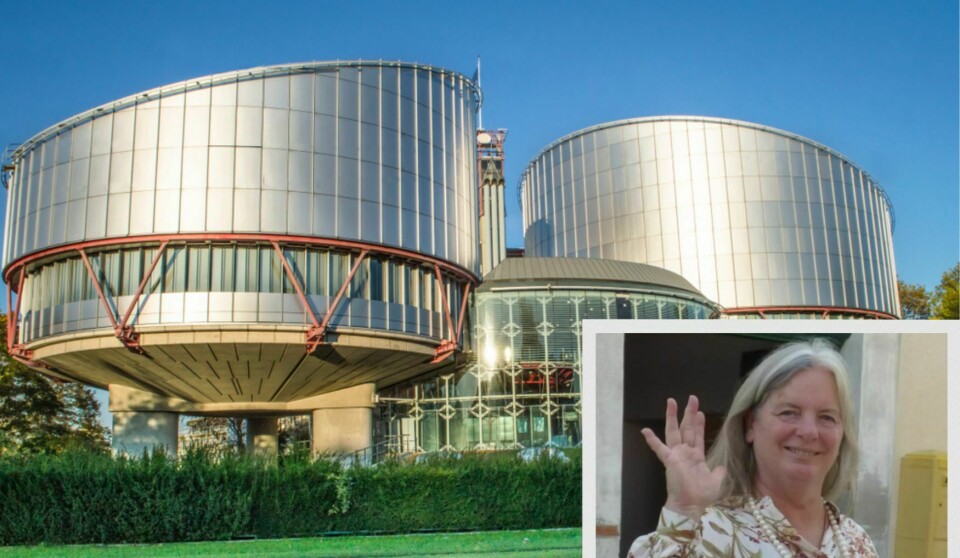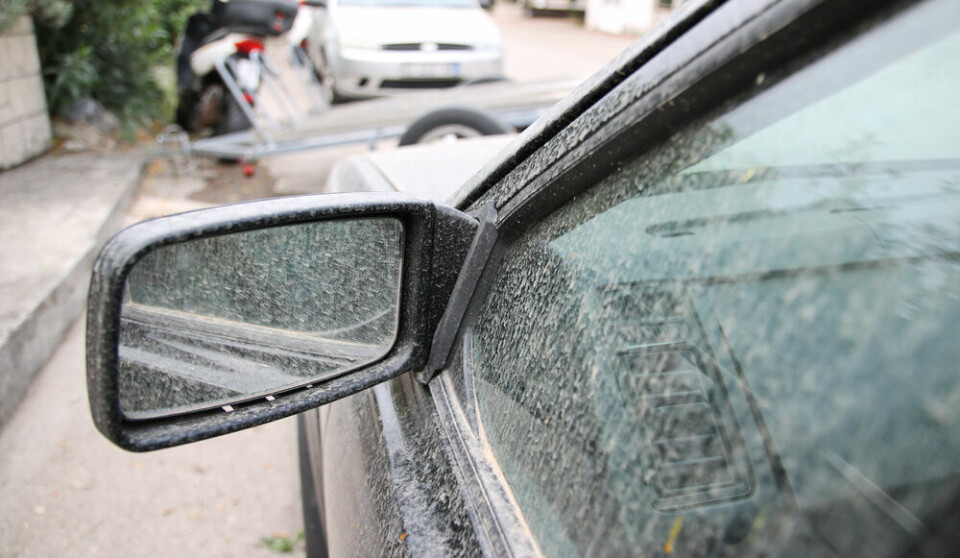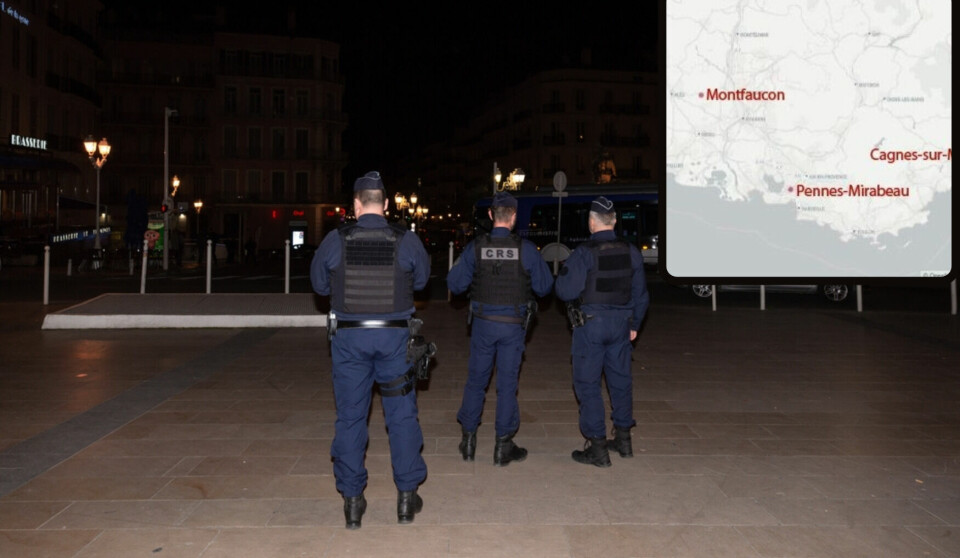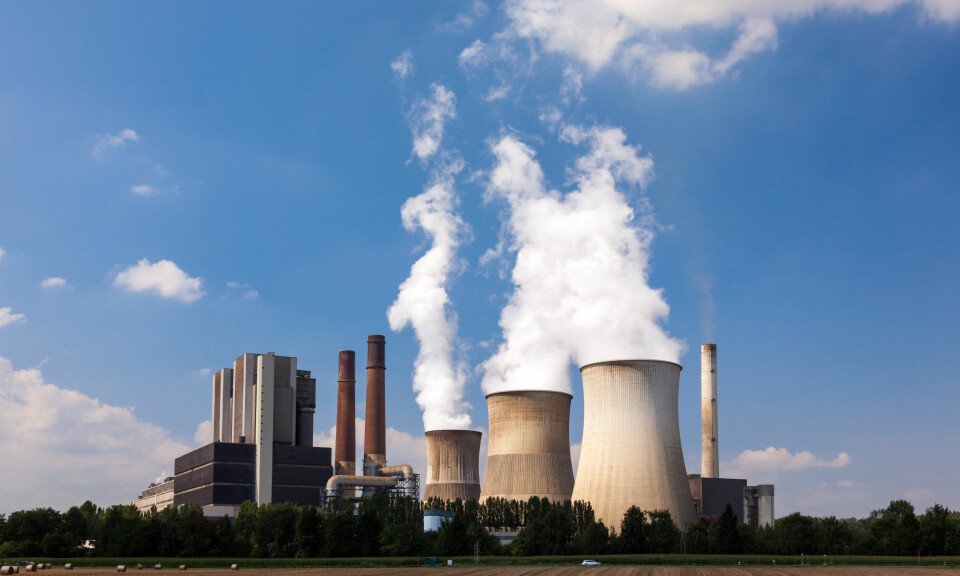-
Phone scams, gardening, insurance claims: 5 French practical updates
Our roundup of recent practical articles you may have missed
-
Many older electrical installations in France have security faults
‘Electrical installations age, like cars, and you need to call an electrician to check them’, the national electrical safety observatory warns
-
House ruined by wood-rotting fungus - ‘French insurance will not pay’
Fungus can be swept in through windows and vents and lead to extensive damage. Insurers consider it homeowners’ fault
Criticism over France’s new building standards
Opposition to move for less gas heating heat

New building standards for heating that are due to come into force next year have provoked criticism and opposition both from environmentalists and industry bodies.
At the heart of the regulations, called RE 2020, is a move away from gas as the preferred way to heat buildings in favour of electricity.
The regulations will replace the current RT 2012 standards drawn up in 2012.
Thierry Rieser, of the co-operative consultant Enertech, said: “At first glance, it is a good thing to move away from carbon sources for heating, but when you look further into it, you see that it favours a return to old-fashioned electric radiators, which are inefficient compared to heat-pump technology.”
Proposed rules which include solar heating power only in calculations that assume they are for auto-consumption by a building and not for selling electricity to the grid are also criticised.
Different angles of attack to the new regulations have come from government and industry consultative body the Conseil Supérieur de la Construction et de l’Efficacité Energétique (CSCEE).
It noted that RE 2020 will “influence the choice of products used in building, both materials and equipment, their origin, recycling and the type of energy used, be it gas, electricity or renewables”.
As a result, the CSCEE wants the timetable for the drawing up of the new standards to be kept but their implementation delayed to give the industry time to adjust.
For individuals, the impact of the new rules, when implemented, will be felt when they submit planning applications.
“It is unlikely that gas heating will be banned outright, if that is what you want, but you might be asked to improve other aspects, like insulation, to compensate, and carbon ratings for the building will change,” said Mr Rieser.
“By contrast, it is very unlikely that a building which wants to heat using oil-fired boilers will be allowed.”






